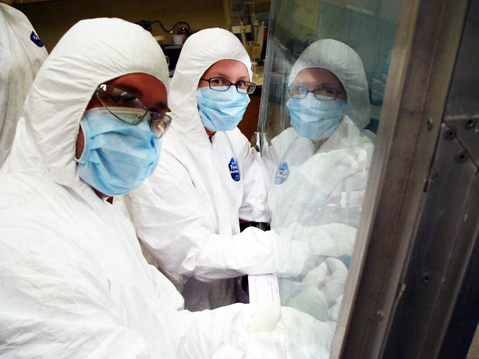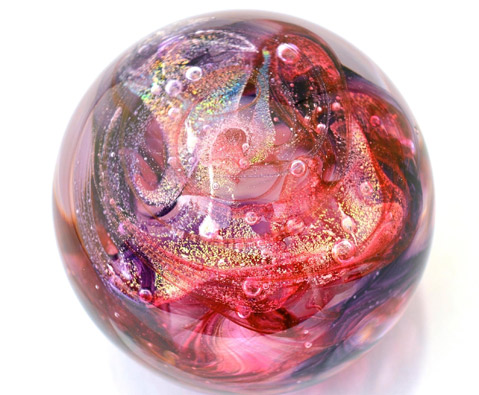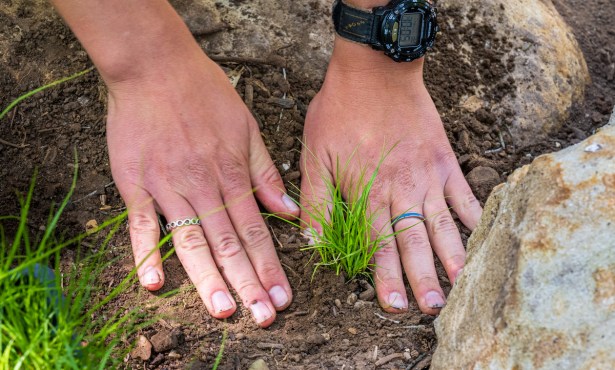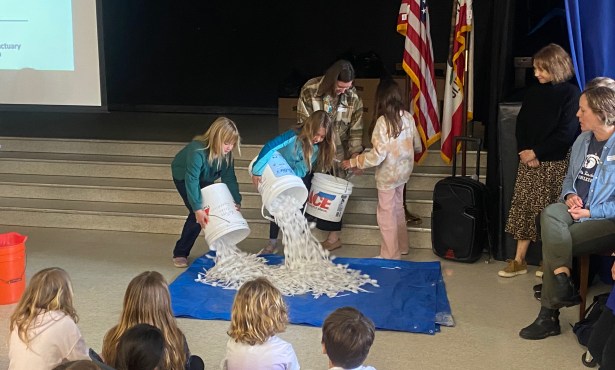Funeral Home Saves Your DNA
Santa Barbara’s McDermott-Crockett Mortuary Offers DNA-Retrieval Service

What was once the provenance of the wealthy and often eccentric to preserve themselves after death has gone mainstream, as DNA retrieval is now a sought-after offering in funeral homes around the country. McDermott-Crockett & Associates Mortuary is Santa Barbara’s only certified provider of this breakthrough technology, which costs $295 rather than thousands of dollars like previous cryogenic options. That’s thanks to scientists at Lakehead University in Canada, who discovered a way to bind the DNA to a microscopic substrate that lasts indefinitely and can be stored at room temperature.
“This has profound implications for future generations,” said Jennifer Parks, general manager of McDermott-Crockett. “Studying the preserved DNA could reveal genetic links to certain diseases or gene mutations, information that could be crucial to the prevention of inherited illnesses. I feel it’s our professional obligation to let the general public know that this is available and that the DNA can be tested multiple times.”
The sample is extracted using a gentle cheek swab of the deceased, which is then sent to the lab for processing. The families receive a glass vial nestled in a black-velvet jewelry box accompanied by a certificate of authenticity. A small amount of the sample can also be turned into a piece of jewelry or sculpture.

“But the primary purpose is the home banking of DNA, even if someone chooses jewelry,” explained Ryan Lehto, CEO of DNA Memorial, which is the service company that owns the relevant patent. He admits that, initially, the scientific product was a harder sell than the mementos but that more and more families are opting for DNA preservation. Lehto formerly worked in a paleontology lab, where he studied the conditions that kept ancient DNA undamaged and replicated them.
Although DNA can be obtained at any time in a person’s life, Lehto said the company decided to approach the funeral industry because “it’s the last stop, the last chance to save it.” The cremation process destroys DNA, and exhuming a body after burial is very expensive.
DNA storage can help in everything from locating missing children and assisting in mass-casualty disasters to paternity testing and genealogical research. But the ability to procure and store DNA in a simple manner from our recently departed loved ones may indeed be a revolutionary way of helping future generations, all through a real and lasting ancestral connection.
See dnamemorial.com and mcdermottcrockett.com for more information.



